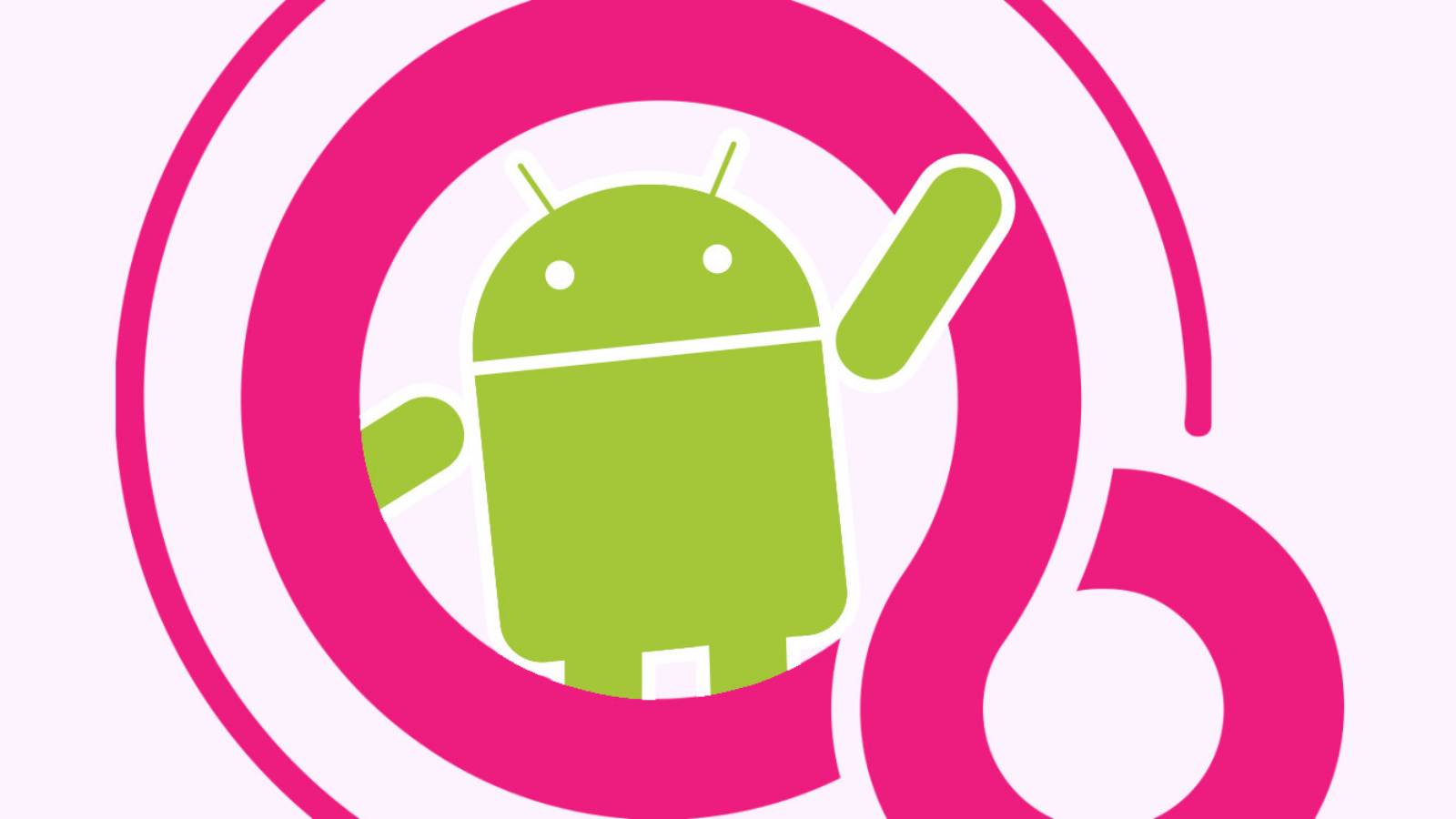Fuchsia. Sistemul de operare care va inlocui Android a avut in cadrul conferintei I/O prima confirmare oficiala a existentei sale facuta de catre compania Google, iar unul dintre vicepresedintii sai a mers chiar mai departe de atat. Hiroshi Lockheimer, vicepresedintele senior al Google care se ocupa de Android si Chrome, a vorbit intr-o intalnire post-conferinta, despre Fuchsia si modul in care compania din care face parte gandeste sistemul de operare ce va inlocui Android.
Fuchsia. Lockheimer a afirmat ca in momentul de fata Google vrea sa regandeasca modul in care ar trebui sa arate si sa functioneze un sistem de operare pentru terminale mobile, si nu numai. Interensat este ca vicepresedintele celor de la Google a afirmat ca Fuchsia n-ar trebui sa fie privit doar ca un inlocuitor pentru Android, sau Chrome OS, ci ca o tentativa de a depasi limitele privitoare la ceea ce ar trebui sa fie un sistem de operare pentru diverse tipuri de produse.
Fuchsia. Google DETALIAZA CUM va INLOCUI Android
Fuchsia. Google exprimenteaza in momentul de fata cu implementarea acestui sistem de operare inclusiv in dispozitive inteligente pentru case, sau chiar wearable-uri, deci sistemul de operare va fi chiar unul universal. Google isi imagineaza ca Fuchsia ar putea fi folosit inclusiv un casti pentru realitate virtuala, ceea ce ar face sistemul de operare cu atat mai important pentru compania americana, si ar deschide foarte multe noi posibilitati pentru ea, si nu numai.
We’re looking at what a new take on an operating system could be like. And so I know out there people are getting pretty excited saying, ‘Oh this is the new Android,’ or, ‘This is the new Chrome OS. Fuchsia is really not about that. Fuchsia is about just pushing the state of the art in terms of operating systems and things that we learn from Fuchsia we can incorporate into other products. You know Android works really well on phones and and you know in the context of Chrome OS as a runtime for apps there. But Fuchsia may be optimized for certain other form factors as well. So we’re experimenting.
Fuchsia. Din cate se pare, sistemul de operare nu trebuie privit doar ca un inlocuitor pentru Android pe telefoane, tablete, sau Chrome OS pe calculatoare, ci ca un software care ar putea rula pe cam orice fel de dispozitiv ne-am putea inchipui. Fuchsia ar putea fi solutia celor de la Google pentru toate tipurile de dispozitive electronice, incercand sa unifice multiple sisteme de operare diferite in ceva unic, mai usor de actualizat si administrat pe termen lung.
Fuchsia. Cat va dura pana cand Google va lansa acest sistem de operare nu stie nimeni deocamdata, insa mai mult ca sigur vom auzi mai multe informatii cu privire la el in urmatoarele saptamani.






















